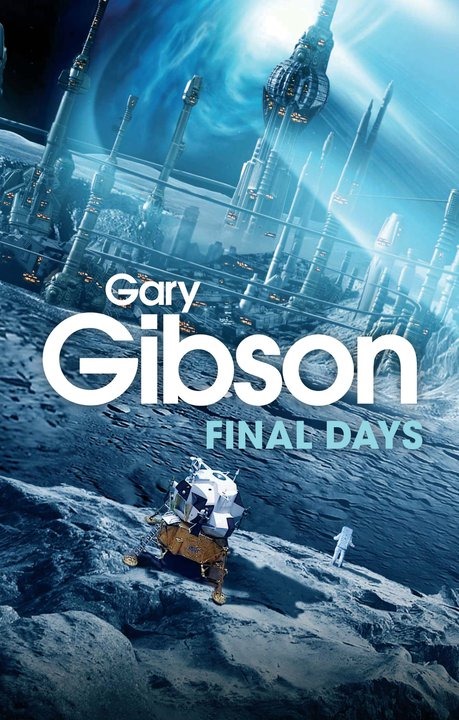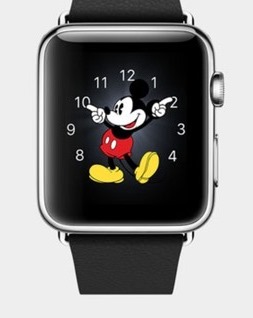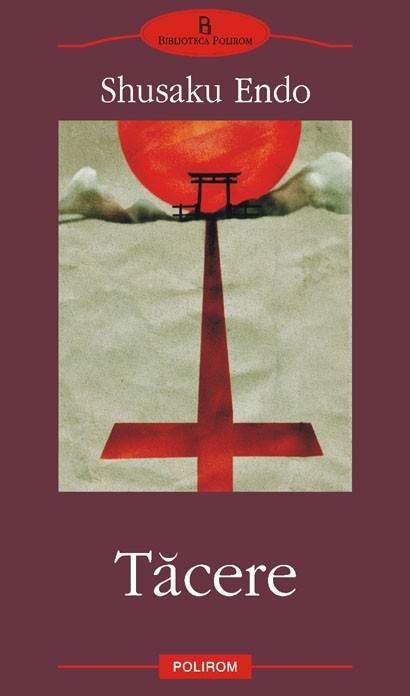
When you first open Wire, you’ll be immediately introduced to your Daily Brief. Our readers have repeatedly told us that they’d like to cut right to the meat of the most relevant stories to get caught up on the day’s news. This made a lot of sense to us, given our uniquely mobile approach. With our Daily Brief readers can expect on average 10–20 succinct bits of news and quickly get informed.
[…]If you happen to follow stories, as you enter Wire you’ll be greeted with all of the updates to those you’ve decided to follow. For many of our readers, following multiple stories has meant that their “queue” of updates got backed up based on our previous designs. Thankfully, we’ve completely redesigned the experience and replaced the list of stories that have updates with a slick, simple feed-like design to stay informed without having to re-read items you’ve seen before.
Matt Galligan
Great update for one of my favorite news apps, Circa! It’s basically the app I use to keep up-to-date with breaking news and world events, from airplane crashes and airplanes being shot down, to the Ebola epidemic and spacecrafts landing on comets. I’m still ambivalent on the new Daily Brief feature though. Specifically, including updates to stories I followed in the Brief feels a bit confusing to me, every time I checked the Daily Brief I got the impression that ‘my’ updates were missing or hidden among the other news selected by the app. I think I would prefer to have a separate screen for updates; the app already supports swiping between the main news feed and the wire, so it wouldn’t be very difficult to integrate another column in the current design.



